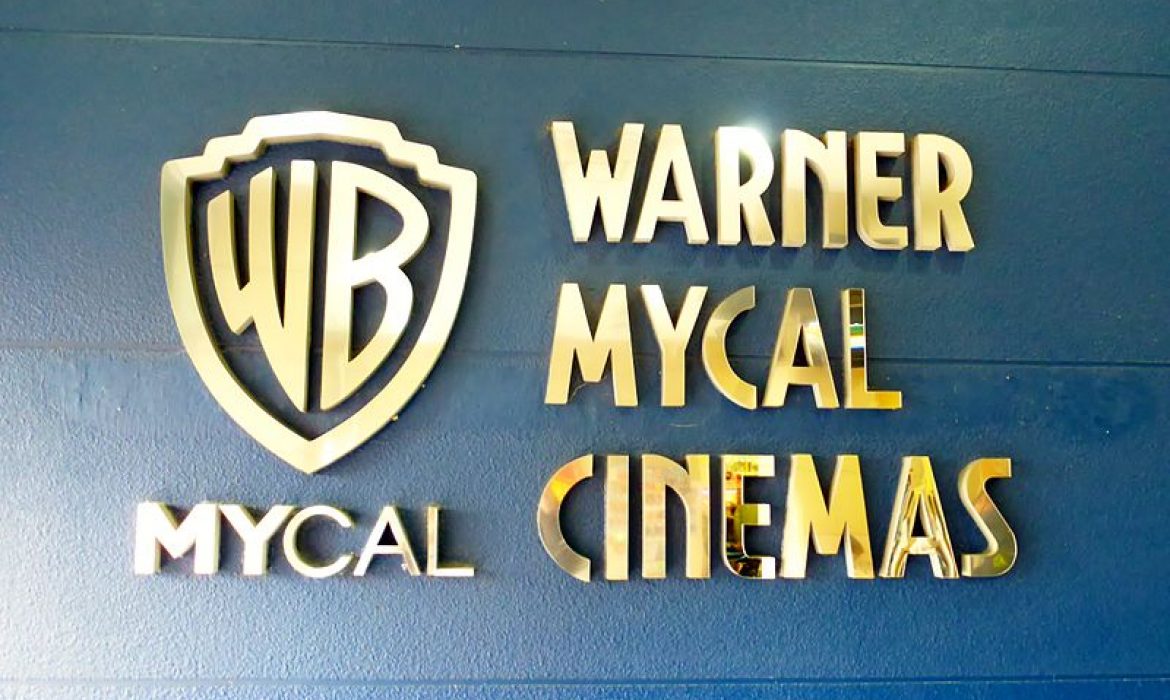The Road Not Taken: Activision Blizzard’s Unfulfilled Quest for Time Warner’s Powerhouse
In a surprising revelation, Bobby Kotick, the CEO of Activision Blizzard, recently disclosed that the company had explored the possibility of acquiring Time Warner, the owner of Warner Bros. and HBO. This ambitious move, which aimed to bring together the worlds of gaming and entertainment, could have transformed the industry landscape. However, the dream of a groundbreaking $85 billion deal came crashing down when AT&T successfully completed its acquisition of Time Warner in 2018, despite facing significant opposition from the U.S. government over antitrust concerns.
Activision Blizzard’s Ambitions: According to Kotick, Activision Blizzard was actively pursuing the acquisition of Time Warner. The plan involved leveraging the intellectual properties of both companies to create a powerful synergy between video games and film/television content. The prospect of such a collaboration fueled excitement within the gaming community and industry as a whole. Kotick revealed that Activision Blizzard had secured the necessary funding and was poised to act if AT&T’s acquisition fell through.
The Rise of Warner Bros. Discovery in Gaming: Following the acquisition by AT&T, Time Warner eventually transformed into Warner Bros. Discovery, which has since enjoyed notable success in the gaming business. One standout achievement was the game Hogwarts Legacy, which became the fifth game franchise to surpass $1 billion in value. This success further highlights the potential that Activision Blizzard saw in the merger and underscores the missed opportunity for the gaming giant.
Microsoft’s Ongoing Attempt to Acquire Activision Blizzard: Fast forward to the present, and Microsoft has made headlines with its bid to acquire Activision Blizzard in a monumental $69 billion deal. While the merger has gained approval in nearly 40 countries, including the European Union, it has encountered obstacles from antitrust authorities. The UK Competition and Markets Authority expressed concerns about the potential impact on the cloud gaming market, leading to the announcement of its intention to block the deal. Microsoft has since appealed this decision, and the case will be heard in court in July. Additionally, the U.S. Federal Trade Commission has filed a lawsuit to halt the acquisition, citing concerns about its potential negative effects on competition.
The Industry’s Shifting Landscape: The failed attempt to acquire Time Warner and the current hurdles faced by Microsoft in its bid for Activision Blizzard exemplify the changing dynamics of the gaming and entertainment industries. As companies seek to expand their reach and capitalize on intellectual properties across different mediums, they face regulatory scrutiny and antitrust concerns. These challenges reflect the growing influence and impact of the gaming industry, prompting authorities to closely monitor potential monopolistic practices.
Conclusion: Bobby Kotick’s revelation about Activision Blizzard’s attempt to acquire Time Warner sheds light on the company’s aspirations to revolutionize the gaming and entertainment sectors. The missed opportunity to combine the intellectual properties of both companies represents a pivotal moment in the industry’s history. With Microsoft’s ongoing bid to acquire Activision Blizzard facing regulatory hurdles, the future of the gaming landscape hangs in the balance. As antitrust concerns continue to shape the industry, the outcome of these proceedings will have significant implications for the gaming community and the broader tech and entertainment sectors.
Navigating the New Normal: Meta Adapts Remote Work Policy for Full-Time Employees
Meta, the parent company of Facebook, is revising its remote work policy for full-time employees, according to reports received by employees on Thursday. Starting in September, employees will be required to work from the office at least three days a week. The company believes that a balance between in-person and remote work fosters collaboration, relationships, and a strong organizational culture necessary for optimal job performance. Meta’s updated policy comes as other tech giants like Amazon and Alphabet have encouraged their employees to return to the office.
The Evolution of Meta’s Remote Work Policy: Meta initially introduced its remote work policy for full-time employees in June 2021, during the height of the Covid-19 pandemic. CEO Mark Zuckerberg acknowledged the effectiveness of remote work, particularly with advancements in video and virtual reality technology. However, after conducting an internal analysis in March, the company found that engineers who worked in-office and then transitioned to remote work performed better on average. Additionally, early-career engineers demonstrated improved performance when collaborating with teammates in-person for at least three days a week.
Meta’s Ongoing Efforts for Efficiency: As part of its “year of efficiency” initiative, Meta recently implemented significant layoffs in May, affecting approximately 21,000 employees. These measures reflect the company’s commitment to streamline operations and enhance overall effectiveness.
Employee Preferences and Industry Trends: Employee preferences regarding remote work have evolved over the past year. According to a survey conducted by the U.S. recruiting platform FlexJobs between July and August 2022, around two-thirds of respondents expressed a desire to work remotely full-time, while 32% preferred a hybrid model with a few days of remote work. A report from the ADP Research Institute, which surveyed over 32,000 U.S. workers in November 2021, revealed that 64% of respondents would actively seek alternative job opportunities if their employers mandated a full-time return to the office.
Conclusion: Meta’s updated remote work policy, requiring employees to be physically present in the office at least three days a week, reflects the company’s commitment to fostering collaboration, relationships, and a strong organizational culture. While the pandemic demonstrated the viability of remote work, Meta’s internal analysis indicated the benefits of in-person collaboration for certain roles and career stages. As employee preferences continue to evolve, companies across various industries must navigate the delicate balance between remote work flexibility and the benefits of in-person collaboration. The shift in Meta’s remote work policy aligns with broader industry trends, as companies reassess their work models to adapt to changing circumstances and employee expectations.



